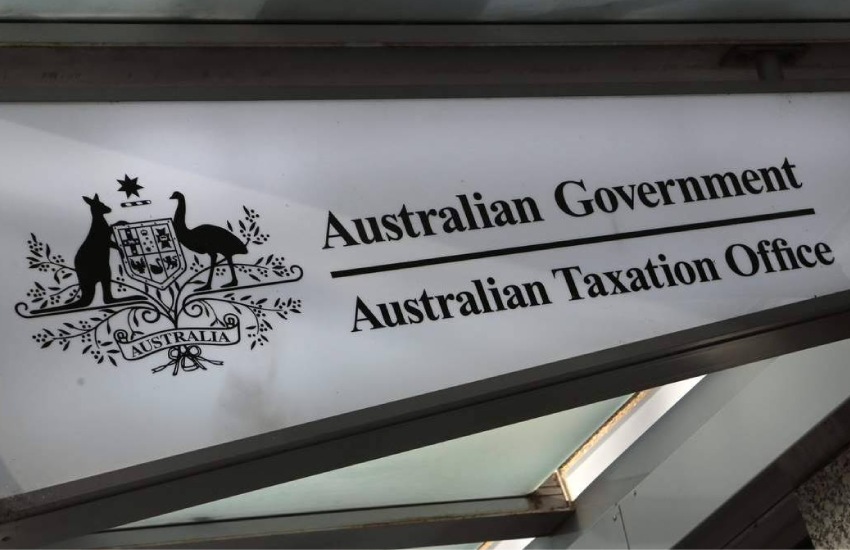According to the tax office, an “extensive data-matching program” will be used to identify taxpayers receiving income from short-term rentals, with information from online platform sharing sites for around 190,000 Australians to be examined to identify taxpayers who have left out rental income and over-claimed deductions.
By using the new data provided by online rental platforms, including income received per listing as well as listing dates, enquiry and booking rates, prices charged or quoted per night, and other information, the ATO will seek to identify taxpayers not meeting their registration, reporting, lodgement, or payment obligations.
You’re out of free articles for this month
The new data complements long-term rentals information which the ATO already receives from State and Territory Bond Boards.
ATO assistant commissioner Kath Anderson said the tax office will be placing rental properties high on its priority list, considering 2.1 million individuals reported rental income of $42 billion in 2016.
“The availability of short stay rentals has exploded thanks to the online revolution. With the growing number of homes, apartments, units and rooms available via accommodation sharing sites, there is a real risk some people may not understand their tax obligations,” Ms Anderson said.
“We are increasingly using data and technology, to identify any missing income in your tax returns. This data will also identify taxpayers who use sharing economy rental platforms to list a property that is not genuinely available for rent in order to claim unwarranted deductions. There is no high-tech hideaway for rental income.”
Speaking to Accountants Daily, H&R Block director of tax communications Mark Chapman said the ATO was taking a sensible move, considering how many clients may not be aware of the tax consequences before jumping into the short-term rental market space.
“This type of short term rental has boomed in the last few years and many people have gone into it without thinking through the tax consequences. It might seem obvious to those of us in the tax business that this income is taxable but I’ve certainly encountered taxpayers who had no idea that this income needed to go on their tax return – or indeed, that they can also claim tax deductions against the income,” said Mr Chapman.
“The ATO’s new data-matching program simply highlights that practitioners need to be asking their clients if they have, or have ever had, a short term rental deal on any property that they own, even their family home.
“In a sense, it will kill two birds with one stone; those not meeting their tax obligations will be rounded up whilst those who are already complying will find their tax returns pre-filled with the relevant data, which makes the job of completing a tax return a bit easier.”
The new data-matching program comes as the ATO looks to clamp down on the individual tax gap, following its landmark report that found an $8.76 billion tax gap, with omitted income and work-related expenses forming two of the main components driving the tax gap.
UNSW Business School Professor of Taxation Neil Warren, who sits on the ATO’s independent expert panel, said the results of the random enquiry program found self-lodgers were more prone to require corrections with income items, while tax agents required more adjustments to deduction items.
“One of the things that is coming out is that with self-preparers, it is income that is the issue and with agent, it is with deductions where there is the issue,” said Mr Warren.
“Agents are probably getting the income right and where they are kind of competing is with the deductions so getting the understanding where the risk is and where the problems are gives you an understanding of how you might respond to it.”
This email address is being protected from spambots. You need JavaScript enabled to view it.
Jotham Lian
AUTHOR
Jotham Lian is the editor of Accountants Daily, the leading source of breaking news, analysis and insight for Australian accounting professionals.
Before joining the team in 2017, Jotham wrote for a range of national mastheads including the Sydney Morning Herald, and Channel NewsAsia.
You can email Jotham at: This email address is being protected from spambots. You need JavaScript enabled to view it.

 Login
Login







